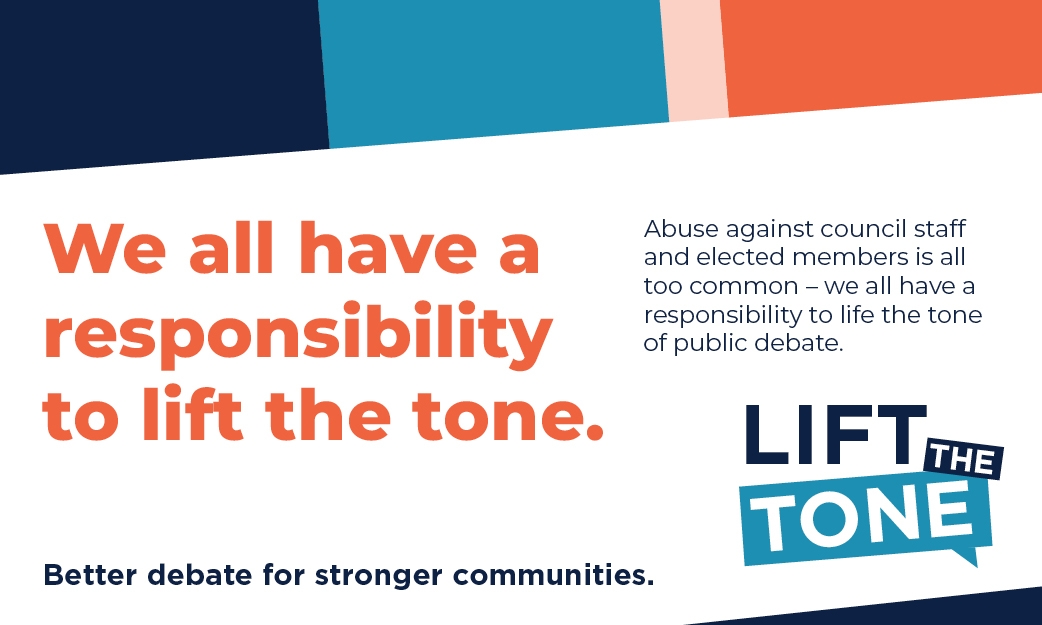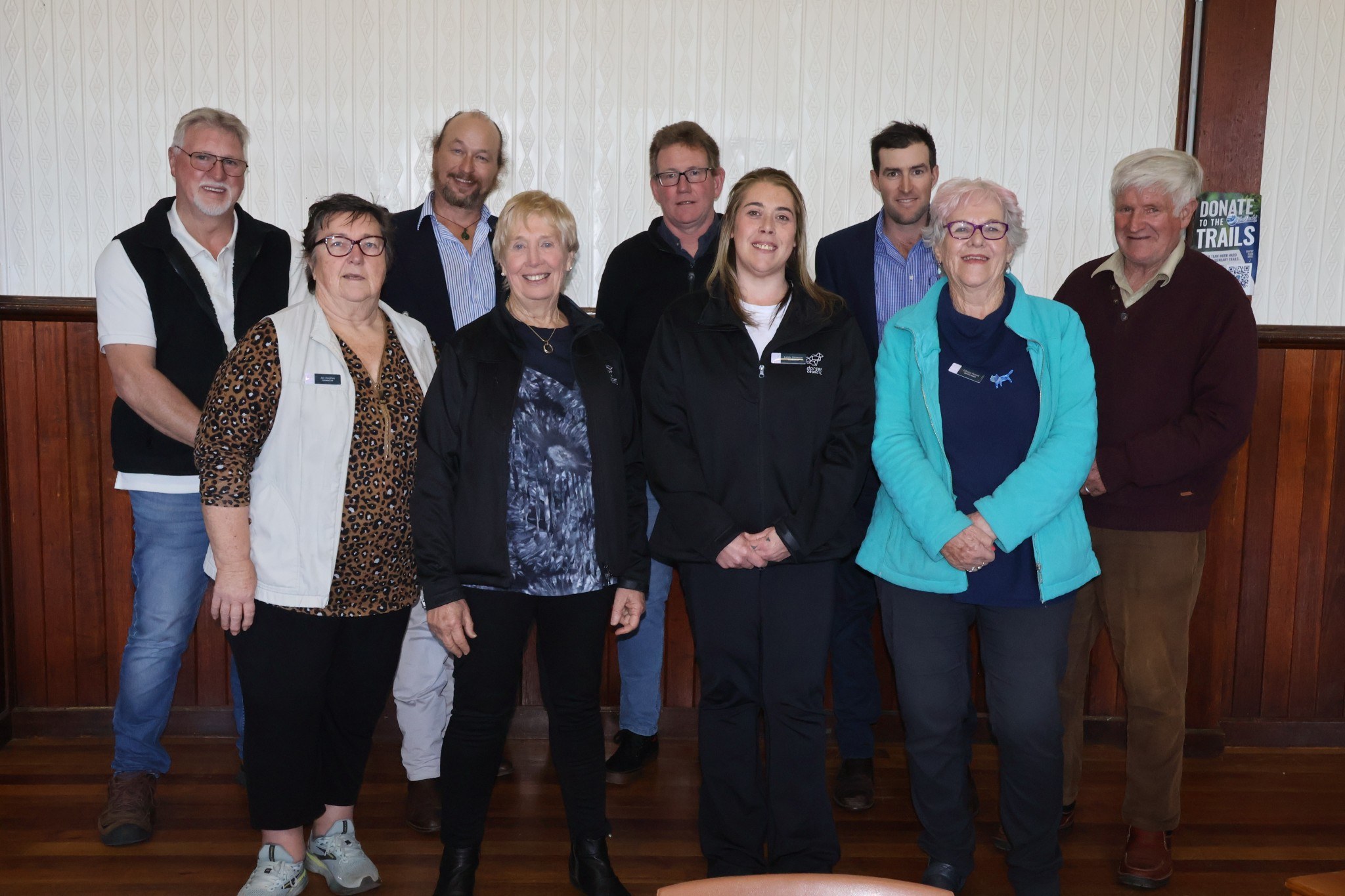Local Government - Councillor Code of Conduct
The Local Government Act 1993 (the Act), provides a local government code of conduct framework for Tasmanian councillors. This framework provides a consistent, effective and enforceable means to address councillor misconduct. The code of conduct is issued by the Minister for Local Government and applies to all Tasmanian councillors.
The code of conduct is enforced by an independent Panel which investigates and determines complaints involving alleged breaches of the Code and empowered to issue sanctions against councillors found in breach. Before proceeding to investigation, code of conduct complaints are subject to an initial assessment by a member of the Code of Conduct Panel who is an Australian Lawyer to determine whether they warrant further investigation.
The Office of Local Government has also developed, with the Local Government Association of Tasmania, councils, and legal consultants, a set of Model Guidelines for elected members which provide a clear framework for councils to identify and address poor conduct. The Model Guidelines can be downloaded here.
More information on the Local Government Code of Conduct for Tasmanian councillors can be found on the Office of Local Government website here.
Dispute Resolution Process
Lodging a code of conduct complaint should be seen as a last resort where a complainant has sought to resolve an issue directly with the subject of the complaint or through the relevant council's dispute resolution process and is unsatisfied with the outcome. From 10 September 2025, all Tasmanian councils must implement a Dispute Resolution Policy which outlines the process for managing disputes at the council level. Any person can make complaint under a relevant council's internal Policy. Council adopted a Dispute Resolution Policy on 21 July 2025 - available to view here and the template Dispute Resolution Form available to download below.
A complainant must complete a dispute resolution form and lodge it with the General Manager of Council within two months of the alleged behaviour by the Councillor(s). The complaint must be accompanied by the prescribed lodgement fee.
The lodgement fee for the 2025/26 financial year is $47.75.
Code of Conduct Process
Once a complainant has gone through the relevant council’s internal dispute resolution process and being dissatisfied with the outcome and having acted in good faith, the complainant may make a complaint under the Code of Conduct.
The complainant must demonstrate in their complaint form that they:
- have made reasonable efforts under the council’s internal dispute resolution process; or
- have made efforts to resolve the complaint; or
- can explain why the internal dispute resolution process is not an appropriate process for resolving the issue.
A complainant must complete a local government code of conduct complaint form and lodge it with the General Manager of the relevant council within six months of the alleged contravention. The complaint must be accompanied by a signed statutory declaration verifying the accuracy of the information contained in within the complaint, and the prescribed lodgement fee.
The lodgement fee for the 2025/26 financial year is $95.50.
Relevant Forms and Information
Please find below the Local Government (Code of Conduct) Order 2024 which contains Schedule 1 (Code of Conduct), the template Local Government Complaint Form, requirements for completing a Statutory Declaration and an Information Sheet for Complainants.
Local Government (Code of Conduct) Order 2024 - Schedule 1, Code of Conduct
Dorset Council Dispute Resolution Form - June 2025
Local Government Councillor Code of Conduct Complaint Form (Word Document) - September 2024
Requirements for Completing a Statutory Declaration - August 2022
Local Government Code of Conduct - Information for Complainants Information Sheet - September 2024




















